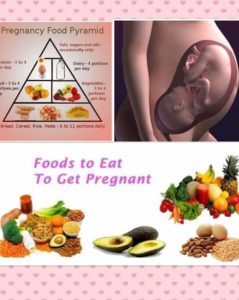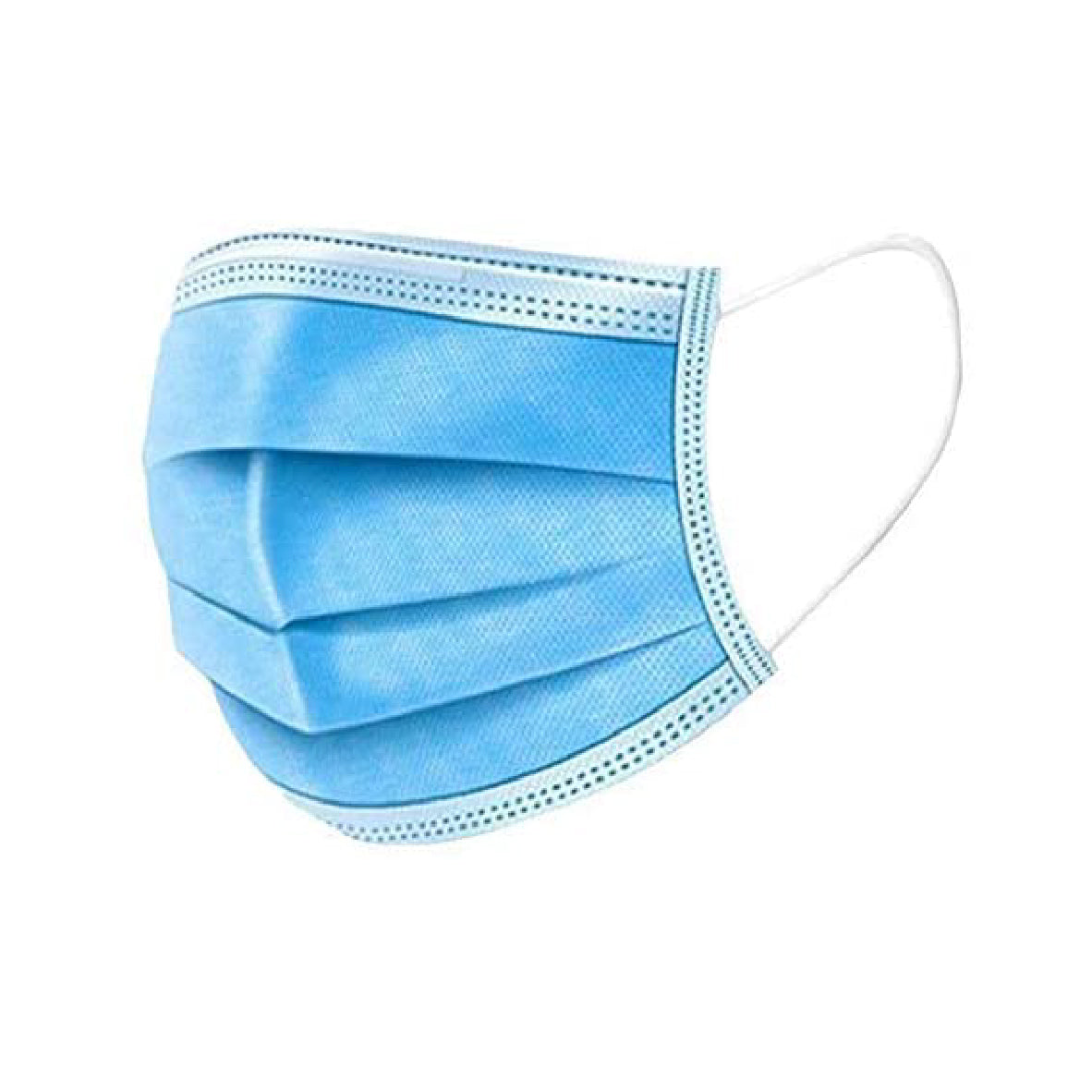If you are hoping to conceive, you may have questions about your fertility and how to improve it. While some factors, like medical issues, are beyond your control, your lifestyle choices can also affect your fertility. Here is what you need to know to promote and protect your fertility.
Female fertility refers to a woman’s ability to conceive a biological child. If you and your partner have been trying to get pregnant with regular unprotected sex for at least one year (or at least six months if you are over 35) without success, you may wonder about your fertility.

Various medical issues can contribute to female fertility problems. Some of these include ovulation disorders, uterine or cervical abnormalities, fallopian tube damage, endometriosis, primary ovarian insufficiency, pelvic adhesions, and certain medical conditions associated with the absence of menstruation. Age also plays a role, as delaying pregnancy can decrease the likelihood of conceiving.
To improve your fertility, it is important to maintain a healthy weight, prevent sexually transmitted infections, avoid the night shift if possible, and minimize stress. Additionally, incorporating certain foods into your diet, such as seaweed, salmon, figs, oysters, berries, beans, leafy greens, maca root, yams, and a variety of fruits and vegetables, can also help improve fertility. On the other hand, it is best to avoid soy, alcohol, refined sugar, and saturated fats.
To protect your fertility, it is advised to not smoke, limit alcohol intake, moderate caffeine consumption, be cautious of overexercising, and avoid exposure to toxins.
If you have concerns about your lifestyle choices and their impact on your fertility, it is recommended to consult with your healthcare provider. They can guide how to improve fertility and increase your chances of getting pregnant.
 Pazionmedia.com Pazion Media l Latest News l Politics l Sports l Entertainment
Pazionmedia.com Pazion Media l Latest News l Politics l Sports l Entertainment



